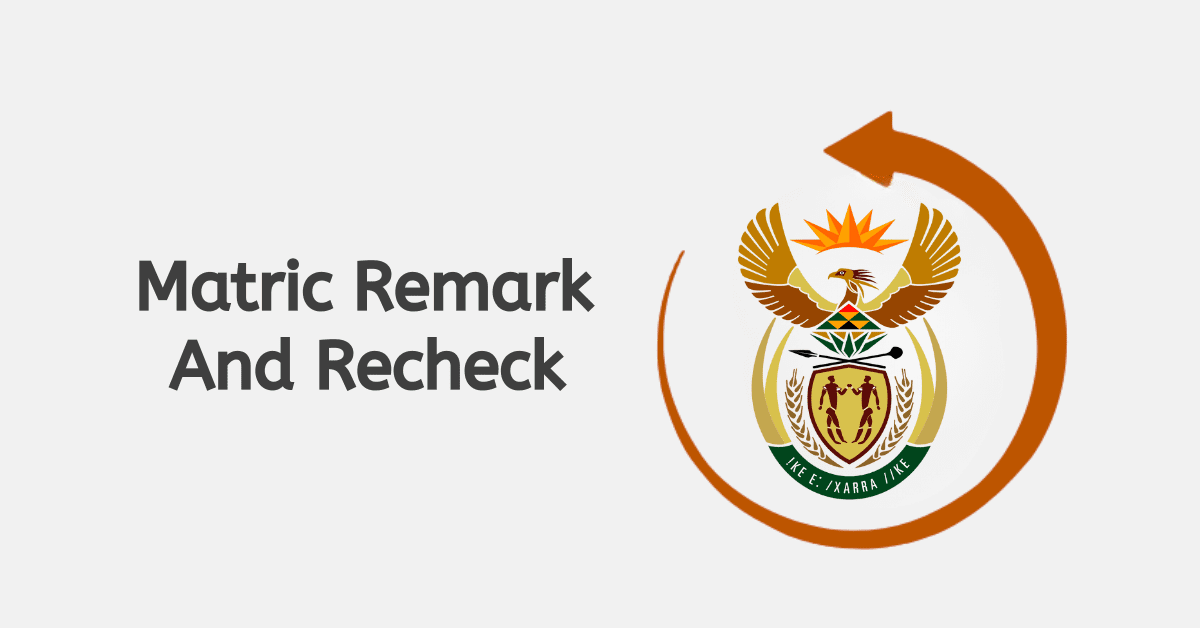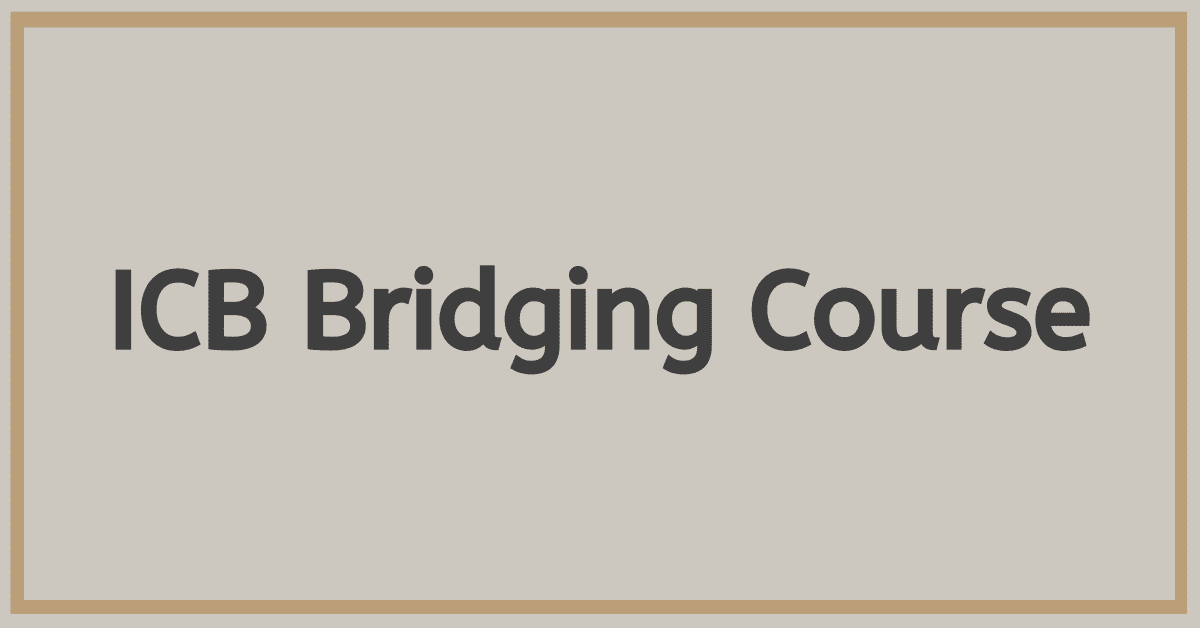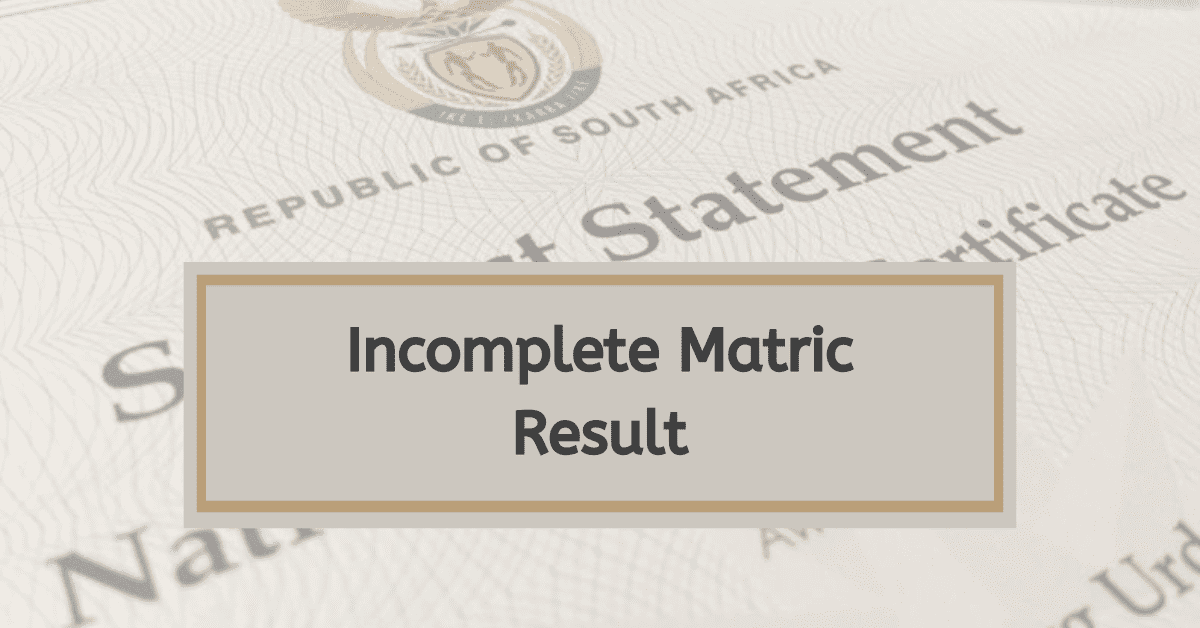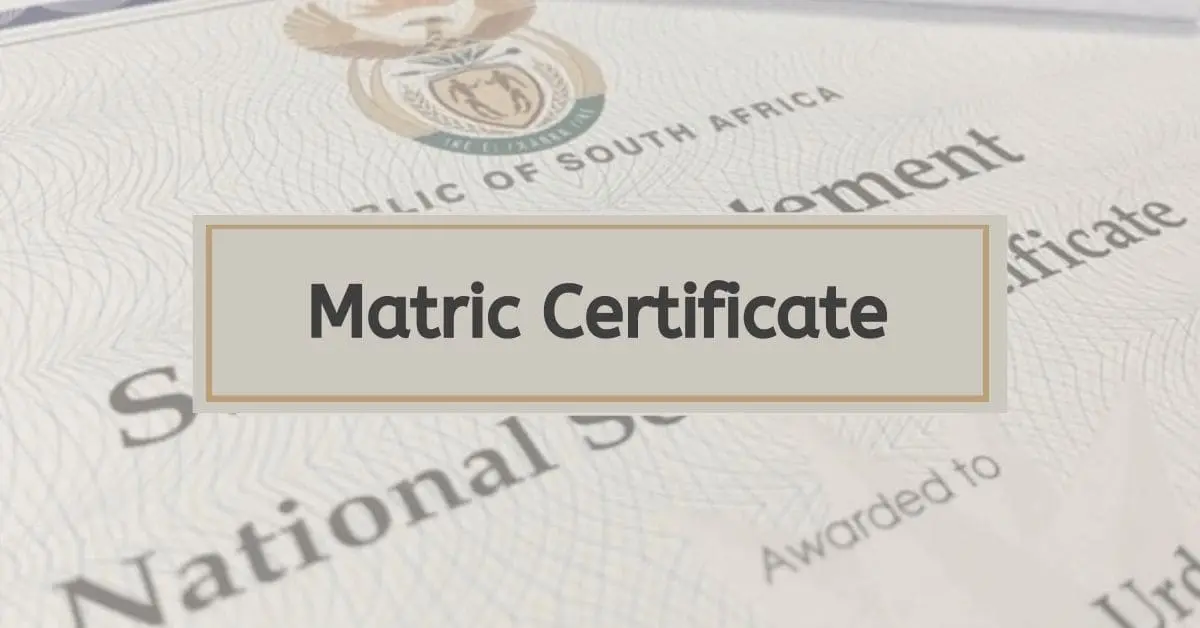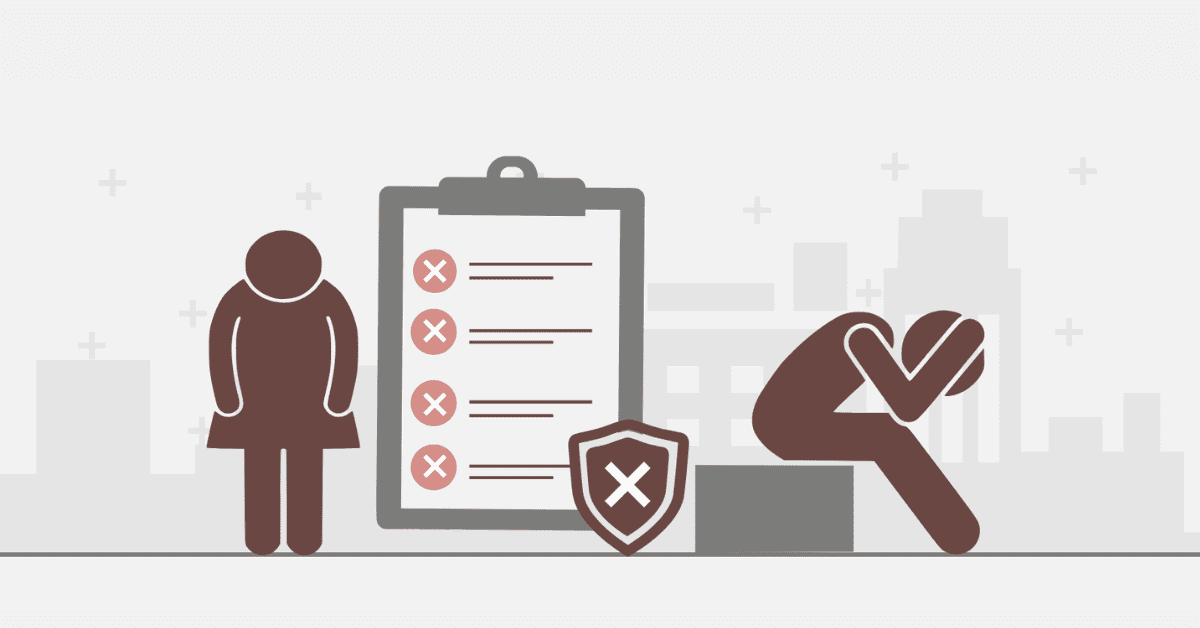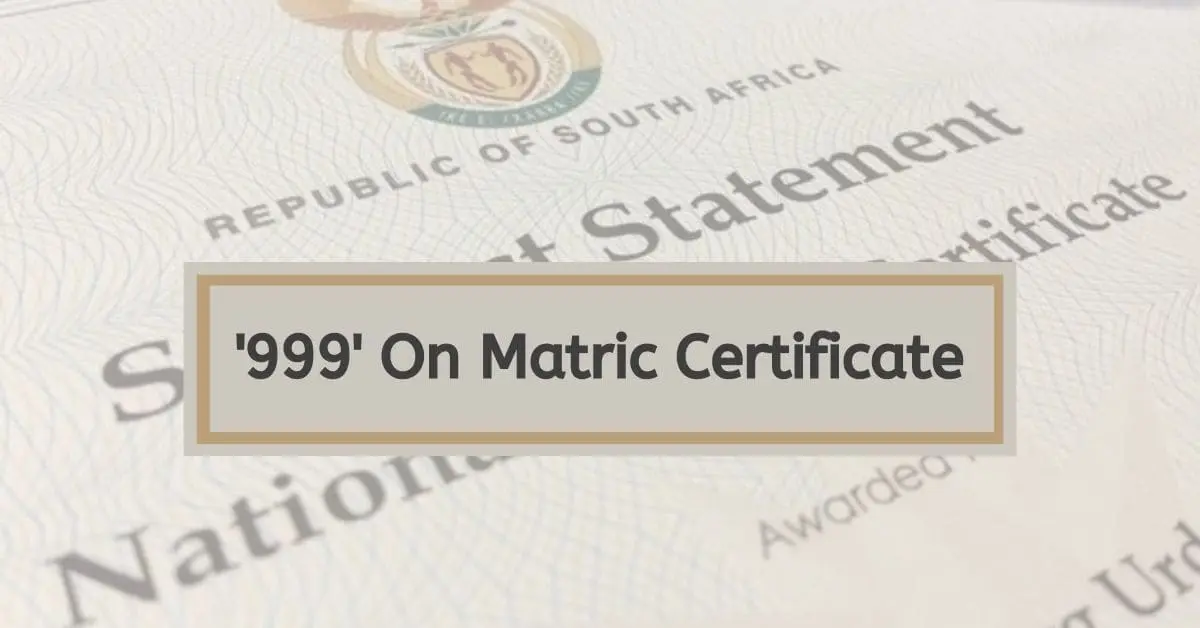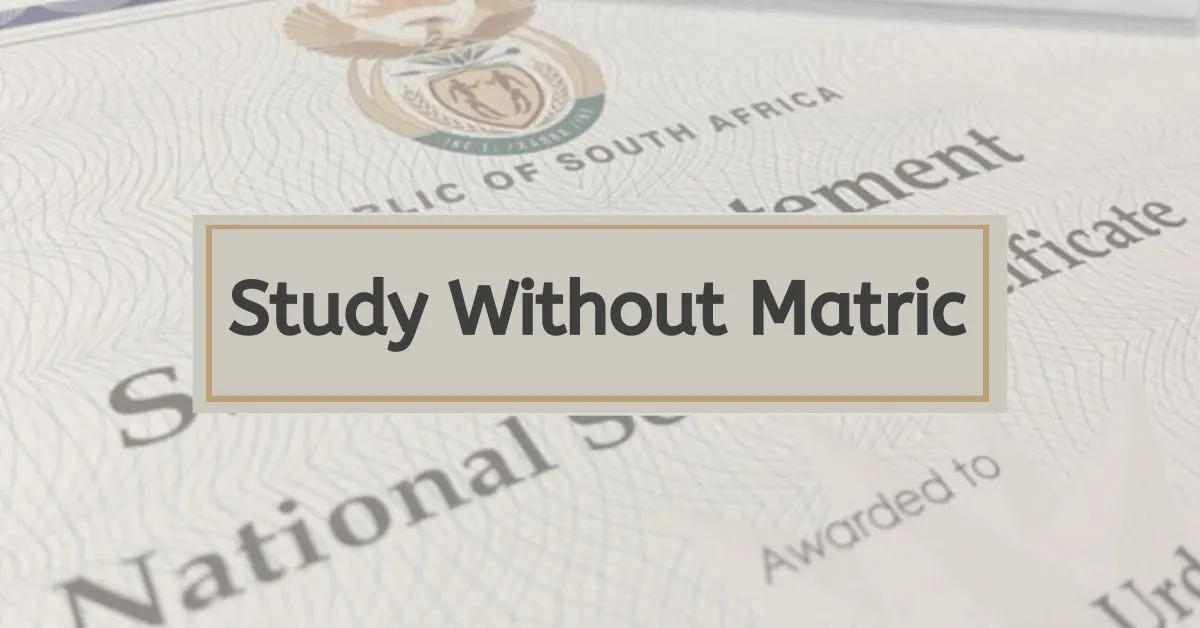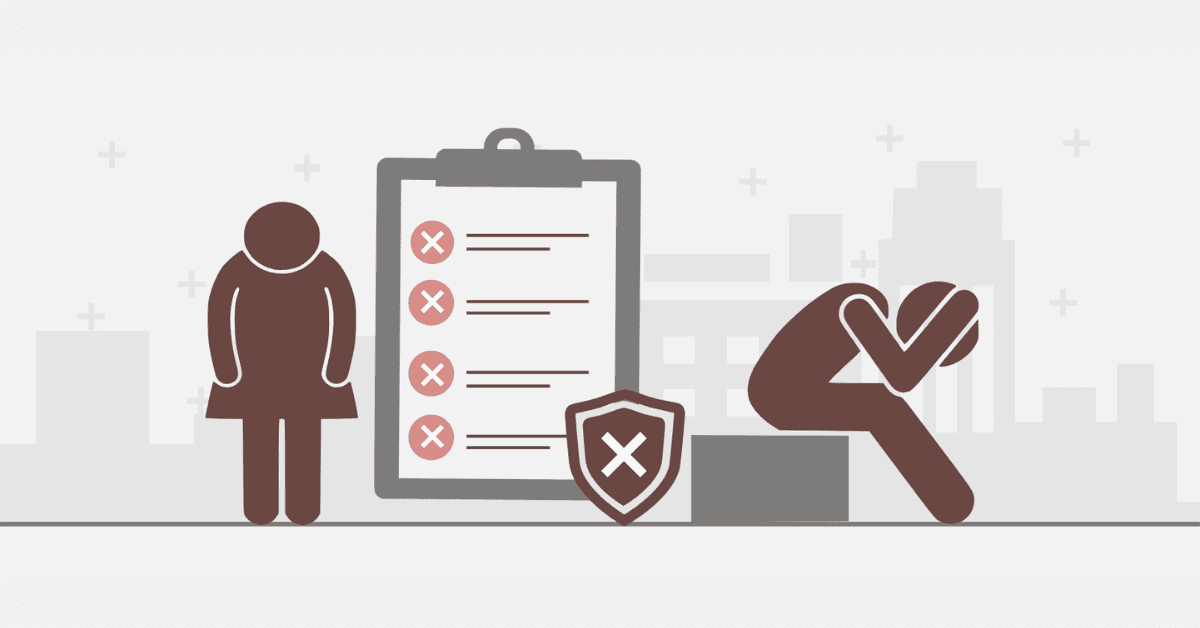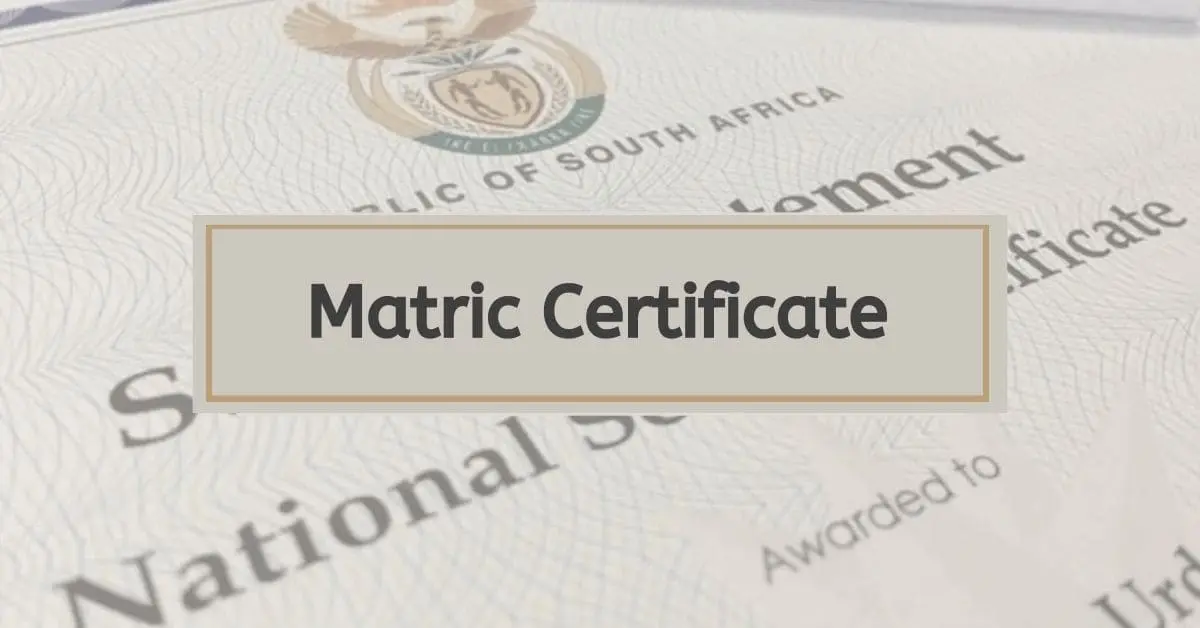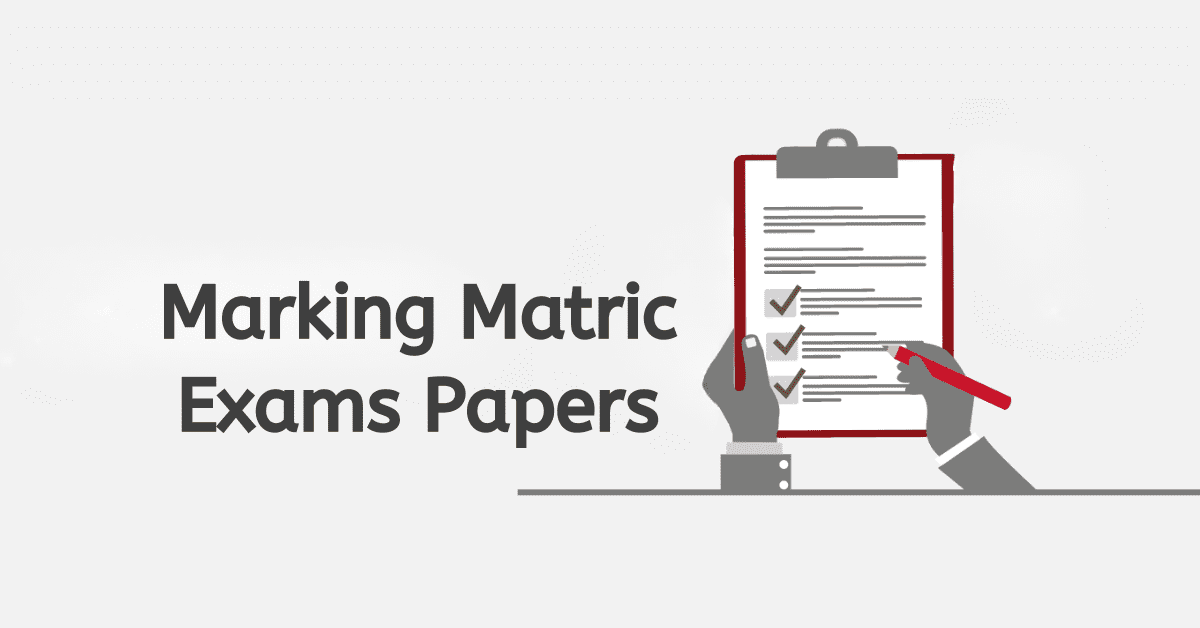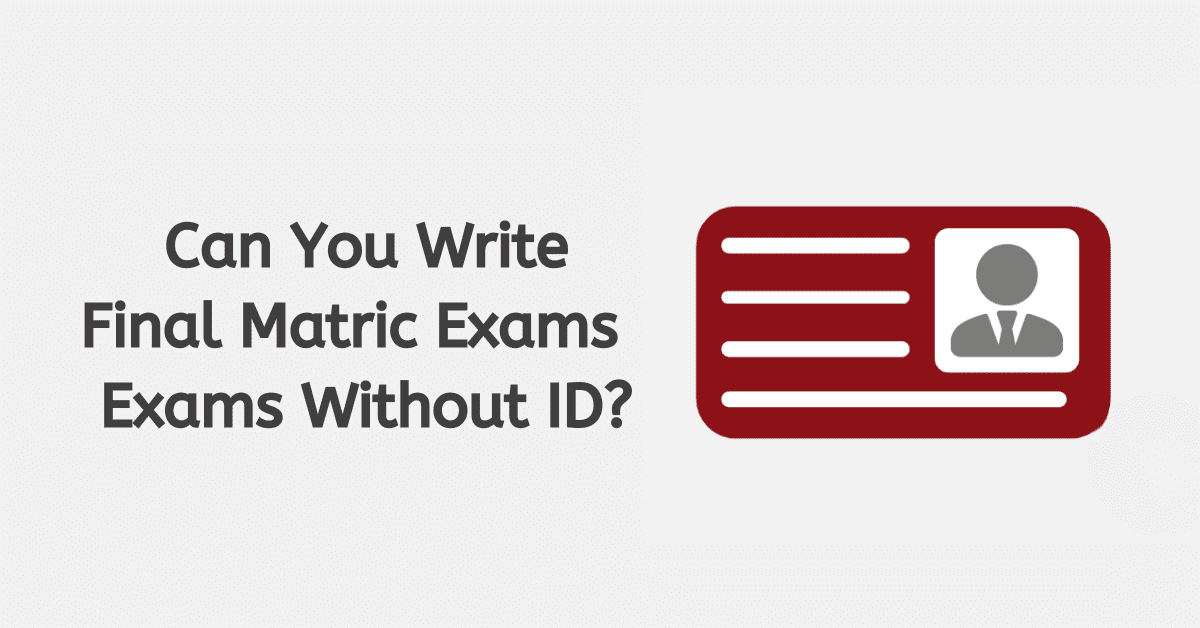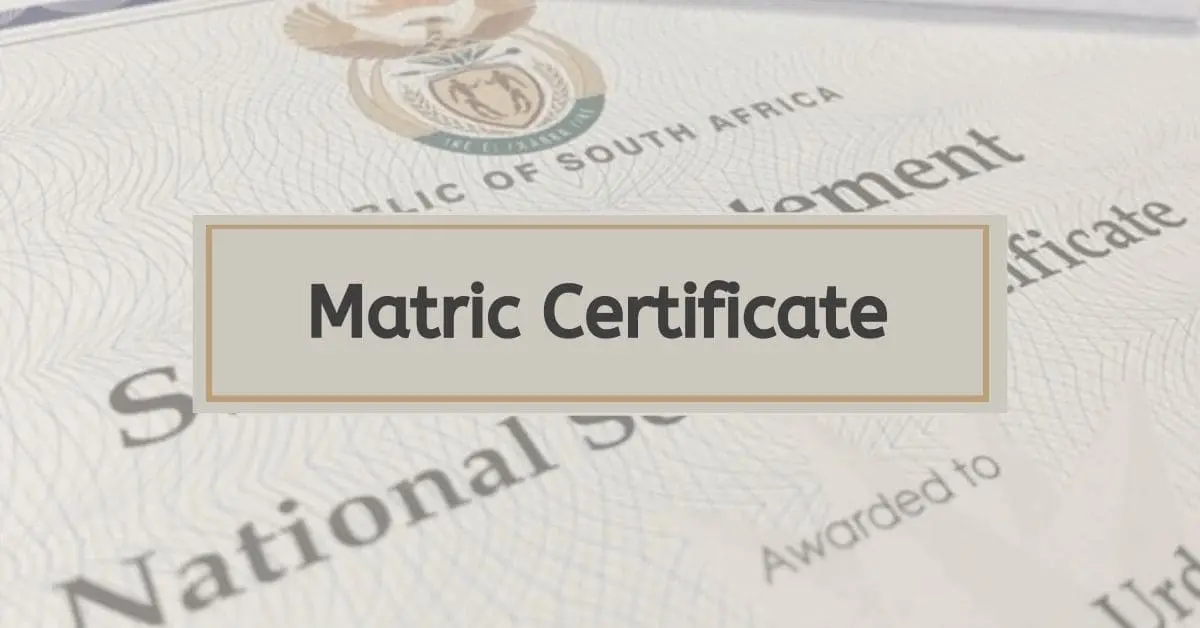The final matric exams play a crucial role in the South African education system as they determine the academic qualifications and future prospects of Grade 12 students. Completing these exams leads to the National Senior Certificate (NSC), the minimum entry requirement for universities and other higher education institutions. The Department of Basic Education organizes and oversees the matric exams. This comprehensive guide provides information on the 2025 final matric exam
2025 Final Matric Exam Timetable
The 2025 final matric exam timetable provides the schedule for the national matric exams conducted across South Africa. The exam dates are subject to change, and students must stay updated with official announcements from the Department of Basic Education and their respective schools.
According to the latest update, the national matric exams 2025 are scheduled for October 17 to November 17, 2025. The exams are expected to start at 8:00 a.m. each day, and a single shift will be followed.
The detailed exam timetable, including specific subjects and dates, is typically provided by the Department of Basic Education closer to the exam period. Students should regularly check the official website of the Department of Basic Education for updates and access to the complete and finalized 2025 final matric exam timetable.
How Long Are Matric Finals?
The matric finals, or the national matric exams, spans several weeks. The exams are spread out to allow students sufficient time to prepare for and complete each subject.
The designated examination period for the final matriculation examinations in 2025 spans approximately five weeks, commencing on October 17 and concluding on November 17. Students are expected to adhere to the requirement of attending their designated examination venues promptly at 8:00 a.m. daily and comply with all directives provided by the invigilators.
What is the Final Exam for Matric?
The final exam for matric refers to the national matric exams conducted at the end of Grade 12, which determine the academic qualifications and future prospects of South African students. These are also called the National Senior Certificate (NSC) exams, culminating in a student’s high school education.
The final matric exams assess students’ knowledge and understanding of the subjects they have studied throughout their Grade 12 year. Students must undertake a minimum of seven subjects, including four compulsory subjects and three optional subjects. The compulsory subjects typically include two of South Africa’s official languages, Life Orientation and Mathematics, Technical Mathematics, or Mathematics Literacy.
The exams cover various subjects, including general, language, and practical subjects. Students are graded on a scale of 1 to 7, with different levels indicating different achievement levels based on the percentage obtained.
The final matric exams are an important milestone for students as they determine eligibility for further education and career opportunities. Completing these exams leads to awarding of the National Senior Certificate (NSC), which is widely recognized and serves as the minimum entry requirement for universities in South Africa.
How Much Do Matric Finals Cost?
The cost associated with the matric finals, or the national matric exams, may vary depending on several factors, including the school and the specific requirements of the exams. The Department of Basic Education sets the exam fees, and schools may charge additional administrative or examination-related fees.
The registration fees for the matric exams are typically determined by the Department of Basic Education and may vary from year to year. Students need to consult their schools for the exact registration fee amounts and any additional fees that may be applicable.
The fees collected from the matric exams contribute to various aspects of the examination process, including developing and printing exam materials, logistics, invigilation, and administration.
How to Pass Matric Finals?
Passing the matric finals requires careful preparation and a strategic approach to studying. Outlined below are several strategies that can assist students in enhancing their likelihood of achieving success:
- Develop a study plan: Create a schedule allowing dedicated time to revise each subject. It is advisable to divide the syllabus into smaller, more manageable sections and allocate appropriate time for practice and review.
- Use past papers: Practice answering past exam papers to familiarize yourself with the exam format and improve your understanding of the subject matter. Analyze the marking schemes to identify common patterns and areas of improvement.
- Seek guidance and support: Consult your subject teachers, classmates, or tutors for clarification on difficult concepts or topics. Join study groups to exchange ideas and engage in collaborative learning.
- Stay organized: Keep track of important dates, deadlines, and exam requirements. Use a planner or digital tools to manage your study schedule, deadlines, and revision notes.
- Practice time management: Develop effective time management skills by allocating specific time slots for each subject and task. Prioritize your study based on the importance and difficulty level of each topic.
- Ensure personal well-being: Sustain a balanced lifestyle by implementing adequate sleep patterns, consumption of nourishing meals, and consistent engagement in physical activity. Incorporating periodic breaks into study sessions enhances concentration and efficiency.
- Stay motivated: Set realistic goals, celebrate small achievements, and visualize your success. Surround yourself with positive and supportive individuals who can encourage and motivate you throughout the exam period.
What Happens If You Miss a Final Exam in Matric?
Missing a final exam in matric can have serious consequences as it may affect a student’s overall results and eligibility for the National Senior Certificate (NSC) qualification. Exams must be taken when scheduled, and students must adhere to all regulations the Department of Basic Education sets forth.
If a student has to skip a final exam due to something out of their control, such as illness or an emergency, they must contact the school and the invigilator as soon as possible. The student may be asked to produce acceptable justification for their absence in such situations.
The Department of Basic Education retains the authority to grant permission for the student to retake the examination on a future occasion. Supplementary examinations are designed to accommodate students who could not sit for their exams during the primary examination period due to circumstances beyond their control.
An additional examination is not automatically granted but must be approved by the Department of Basic Education. Students must provide valid and documented evidence supporting their absence.
A grade of zero may be assigned if a student has no legitimate excuse for missing a test or does not submit the necessary paperwork. The student’s chances of meeting the National Senior Certificate (NSC) requirements are greatly diminished if this occurs.
Students in this situation should seek advice from their school administration, subject teachers, or the Department of Basic Education regarding their alternatives and the potential consequences of missing a test.
